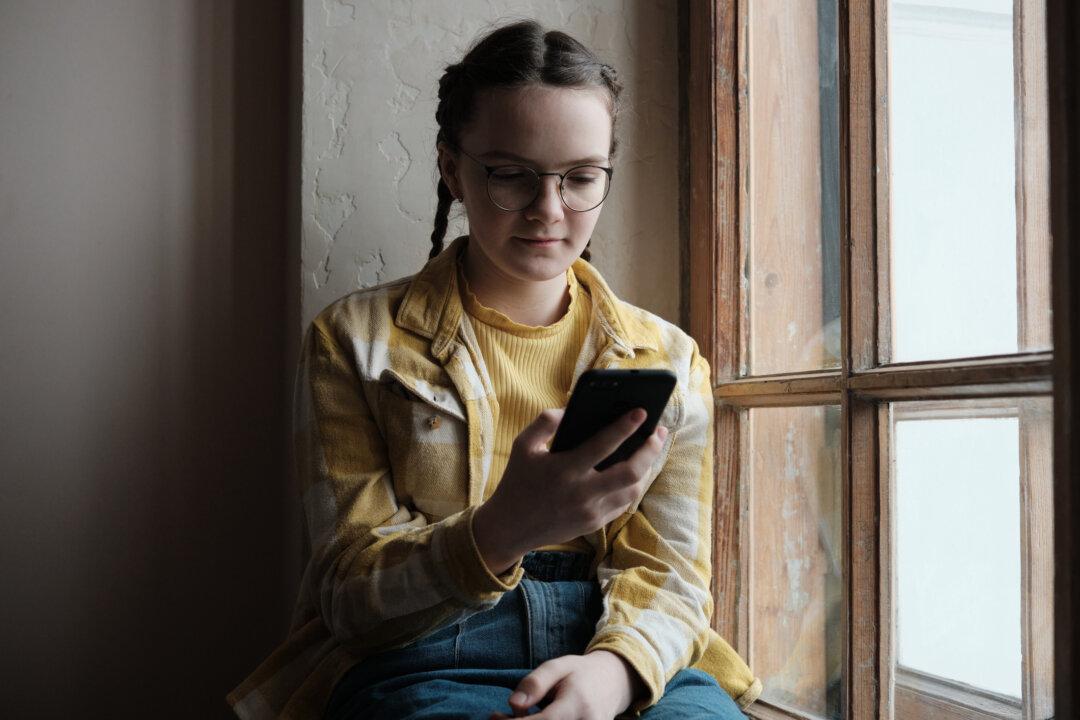Pennsylvania schools will be able to use state grants to buy smartphone bags as educators and lawmakers seek to limit students’ use of mobile devices during the school day.
Under a new budget signed on July 11 by Gov. Josh Shapiro, the commonwealth will allocate more than $120 million toward an existing school safety and mental health grant, which has been expanded to provide schools with resources to deal with the cellphone usage problem.





